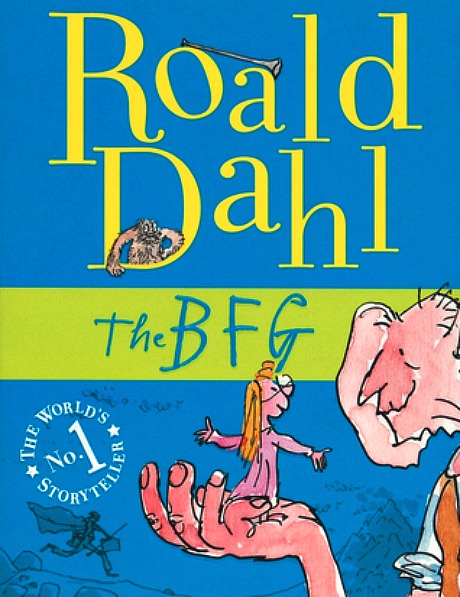Superhero movies had a certain punch or value in the ’70s, ’80s and ’90s, but they don’t mean nearly as much to the culture today. They’re basically opiates for losers. I’m not saying that only losers are into them, but losers certainly are. Is that putting it too harshly? Okay, I’ll tone it down. The more emotionally invested you are in superhero dreams, the less mature, interesting and formidable you are as a person. I know that if I walk into a home and there are four or five people on the couch who have nothing but contempt for superhero films and four or five in the kitchen who live for them, I’m on the couch.







